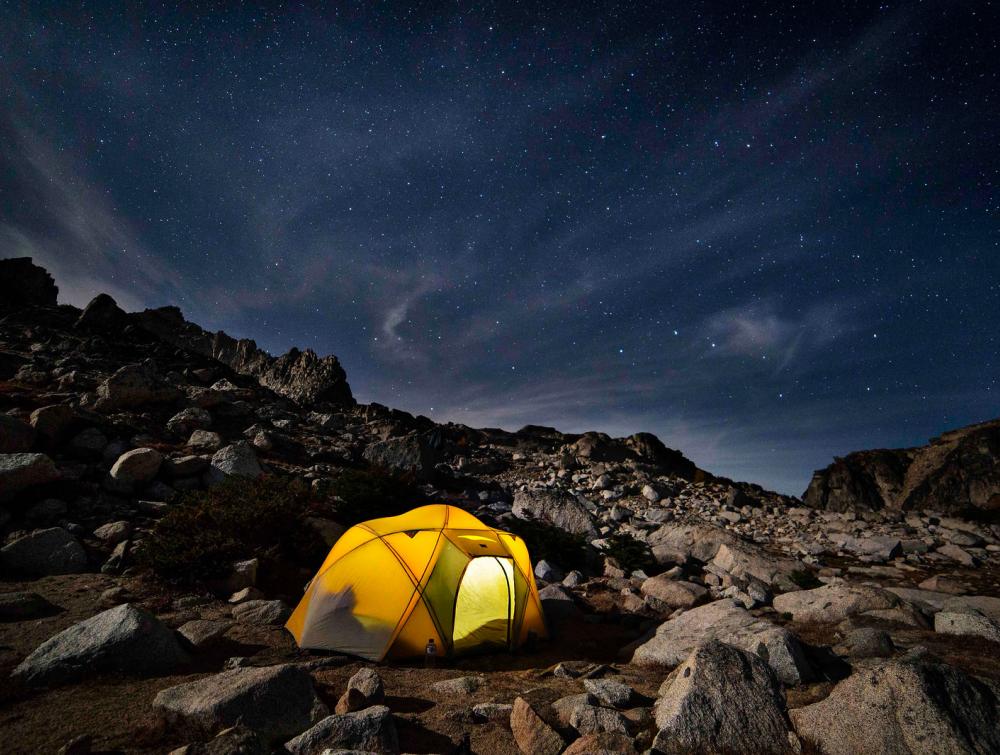Article
Leave No Trace

Andy Porter
The future of wilderness camping, hikes and other sustainable outdoor recreation depends on more people adopting what’s known as Leave No Trace principles.
What are the principles of Leave No Trace?
These are the golden rules of outdoor recreation. Simply put: Leave the wild places you visit the way you would like to find them.
Plan ahead and prepare:
- Carry a map and know where you are going to reduce the chance of having to travel off trail.
- Always pack out trash. Repackage food to reduce waste.
- Schedule trips during low-use times and travel in small groups.
Travel and camp on durable surfaces:
- Camp on durable surfaces. These include established trails and campsites, rock, gravel, dry grasses or snow.
- Protect plant and wildlife habitat by camping at least 200 feet from lakes and streams.
- Avoid places where impacts are just beginning.
Dispose of waste properly:
- Pack it in, pack it out.
- Do your business in “cat holes” at least 200 feet from water, and cover the hole when done. Or pack it out in a “groover.”
- To wash yourself or your dishes, carry water 200 feet away from streams or lakes and use small amounts of biodegradable soap. Scatter strained dishwater.
Leave what you find:
- That rock or antler looks cooler in the wild than on a shelf at home.
Minimize campfire impacts:
- No raging bonfires. Burn only when essential in established fire rings or using a low-impact mound fire.
Respect wildlife:
- View from a distance.
- Never feed wildlife.
- Control pets so that they don’t harass or scare wildlife.
Be considerate of other visitors:
- Be quiet and let others coming up the trail pass by.
Join the movement
to save our wildlands
